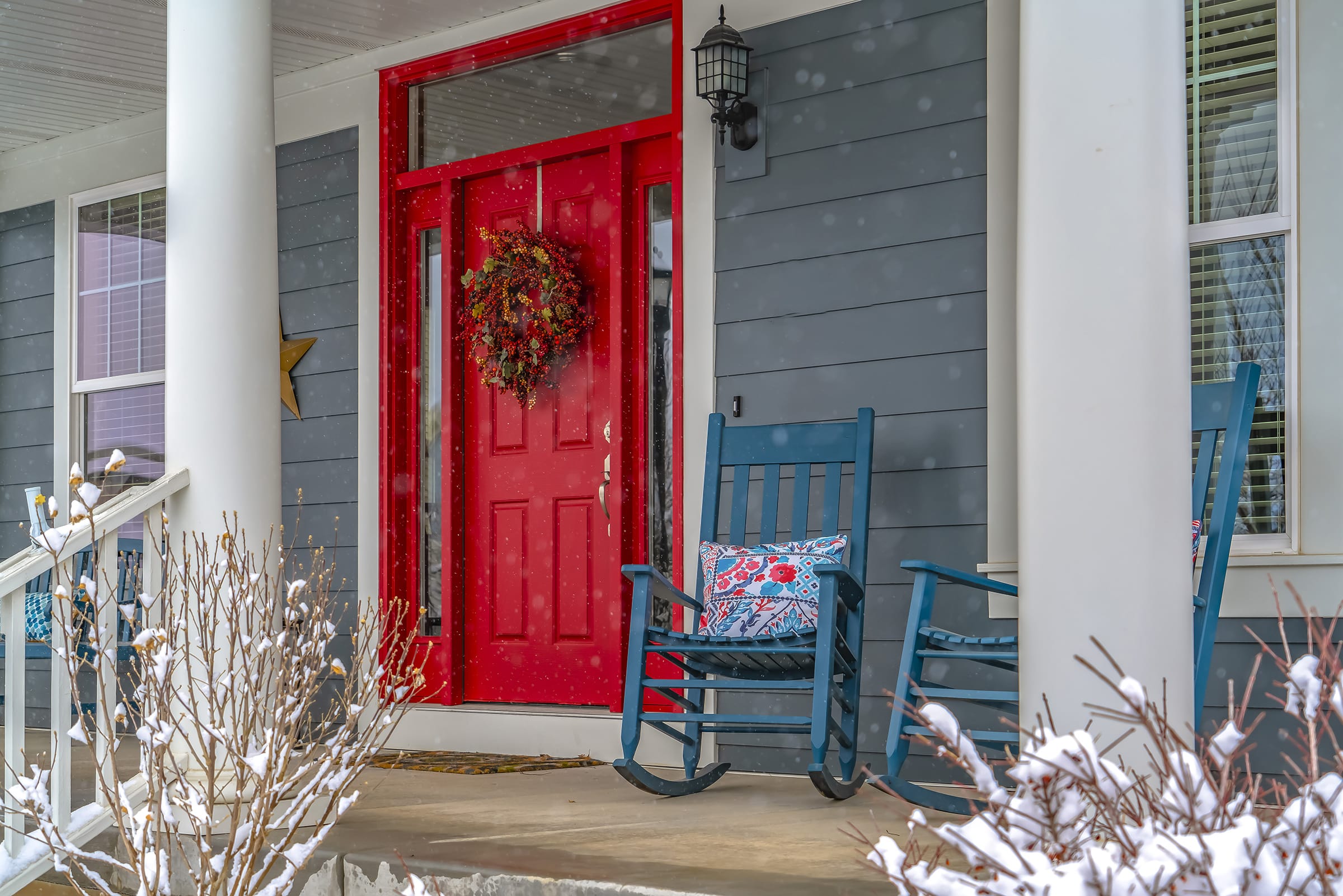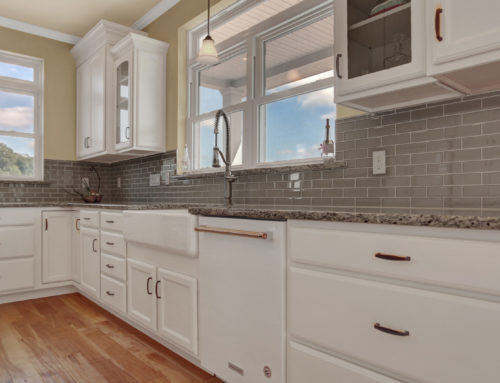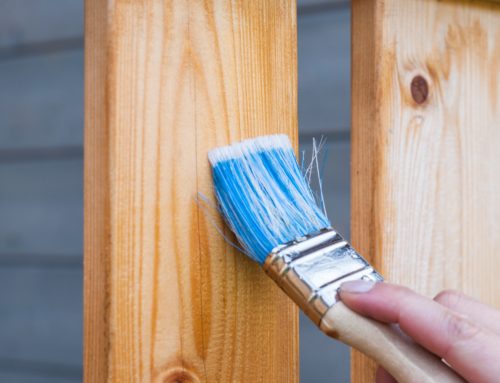Reduce Your Heating Bills Without Sacrificing Comfort
Winter weather is here! January and February tend to be the coldest months of the year. If your ill-prepared house causes you to consume more than conserve this winter, you’ll most likely see shocking utility bills in your mailbox.
What if you could avoid spending too much to stay warm all winter long? Little changes add up and can help keep more of your hard-earned money in your wallet. So before you crank up your thermostat—and heating costs in the process—try these energy-saving tips.
10 Tips to Lower Your Bills This Winter
1. Adjust the Drapes
Hang curtains with liners as close to the window as possible, and make sure they cover the entire window when closed. During the day, open blinds and curtains on your south-facing windows to welcome the sun’s free warmth into your home. At night, close blinds and drapes to keep heat in and cold out.
2. Bundle up with Warm Accessories
When it’s cold outside, you should dress for success—energy-saving success. Instead of turning up the heat, wear warmer clothing such as long sleeves, sweaters, and slippers. Decorate your home for warmth with flannel sheets and cozy blankets. Then, add throw rugs to insulate the floor.
3. Decimate the Drafts
Check windows and doors for air leaks. Adding caulk or weatherstripping can save you more than 20% on your heating costs, keep out moisture, and prevent mold. To find drafts, look for light peeking through window and door frames. Or, use a thermal detector that checks the surface temperature. If the area around a window is much colder or hotter than the rest of the house, you likely have air coming through even if you can’t see it. Lastly, be sure to lock windows and doors for a tight seal.
4. Lower Your Hot Water Heater
Turning down your water heater temperature is a painless way to save money on your heating bills. The Department of Energy recommends using the warm setting (120 °F) during fall and winter months. You’ll save energy and avoid potential burns.
5. Ban the Exhaust Fans
Kitchen and bathroom exhaust fans remove excess moisture, smoke, and stinky smells from your home. On the downside, they also suck out a lot of hot air. To save energy avoid using kitchen and bath fans in the wintertime.
6. Light up with LEDs
Light-emitting diodes (LEDs) are ultra-efficient, long-lasting, and offer a range of light options, from cool to warm. According to the Department of Energy, an LED uses about 75 to 80% less energy than traditional incandescent bulbs, saving you money. Next Christmas, decorate with LED lights and lower your holiday lighting costs.
7. Don’t Let Warm Air Go up in Smoke
A fireplace adds a cozy touch to your home, but it could be ruining your energy-saving plans. When a fire isn’t burning, you can keep warm air from escaping up the chimney by closing the fireplace damper. If you never use your fireplace, you can plug and seal the chimney flue.
8. Run Ceiling Fans in Reverse
Ceiling fans circulate air constantly and can help save energy all year round. Warm air naturally rises, so use ceiling fans to your advantage. In the winter, fans should rotate clockwise to help draw cool air up toward the ceiling and push warm air down to the floor.
9. Be Smart About Your Thermostat
Whether you use an older manual version or a more high-tech option, your savings depends on how efficiently you use your thermostat. To save energy in the winter, keep the temperature at 68 °F (20 °C) while you’re home during the day, and colder when you’re away and at night. According to the Department of Energy, you can save about 10% each year on heating and cooling bills by turning your thermostat back 7 to 10 degrees for eight hours a day.
10. Maintain Your Heating System
Your home’s heating system can have a significant impact on your utility bills and your comfort. According to Energy Star, you should check your filters regularly, especially during heavy use periods like winter. When filters are clogged, the system must work harder, costing you more. At a minimum, change filters every three months. In addition to replacing filters, you should tune-up your heating system yearly.
In conclusion, cold winter weather can cause extra high heating bills that strain your family’s budget. Implementing the no-cost or low-cost tips mentioned will save energy, making a positive impact on the environment and your wallet.











